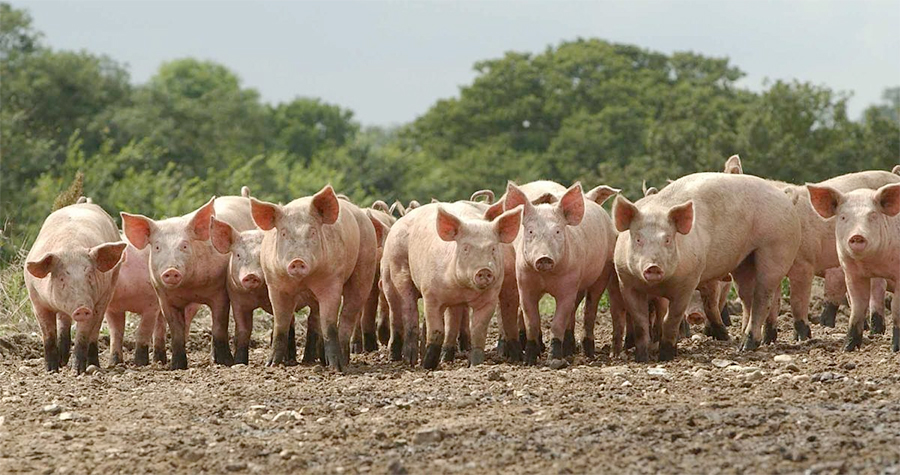
There are now just a few days left to fill in an EU labour survey, which will help the pig industry inform the Government on its post-Brexit labour policy.
The survey closes on Friday (October 13), and the survey-makers the National Pig Association (NPA) has said the response has been valuable.
Home Secretary Amber Rudd has commissioned the Migration Advisory Committee (MAC) to advise the Government on how the UK’s immigration system 'should be aligned with a modern industrial strategy'.
The MAC is now seeking views from across the UK economy on various issues, including the extent of EU labour employed and the type of work performed, the benefits and disadvantages of EU labour and the likely impact of changes to its availability in future.
It is also seeking views on the relationship between EU and domestic labour and the issues around employing domestic labour, including skill levels and the provision of training by our educational establishments.
The NPA has been asked for its opinion, which will help inform Government policy on post-Brexit migrant labour.
It has asked farmers, processors and allied businesses to fill in a short online survey.
"It is very important for us to be able to back up our concerns over the Government's current thinking on immigration and labour with evidence from members," the NPA said.
'Alarmed'
NPA senior policy advisor Ed Barker said the pig industry is "alarmed" by the Home Office’s suggestion that migrant labour from the EU should be severely restricted, particularly those who fall under the ‘unskilled’ definition.
He said: “Many workers in the pig sector fall into this category but are in fact highly skilled and make a significant contribution to the economy.
“We have made our position clear that migrant labour is integral to the businesses of NPA members; 58% of members indicated to the NPA’s migrant labour survey that they employed at least one migrant labourer, with 20% indicating they would struggle to survive without it.
“Whilst the paper refers to the ongoing work of the Migratory Advisory Committee, it is vital that the Committee is able to report its findings quickly, so that it can adequately shape Government policy.
“We note that the paper recognises the need for a sector by sector approach to business needs on migrant labour, and the NPA would urge that the pig sector should be able to state its unique case for continued access to migrant labour for permanent, ‘unskilled’ roles.”
